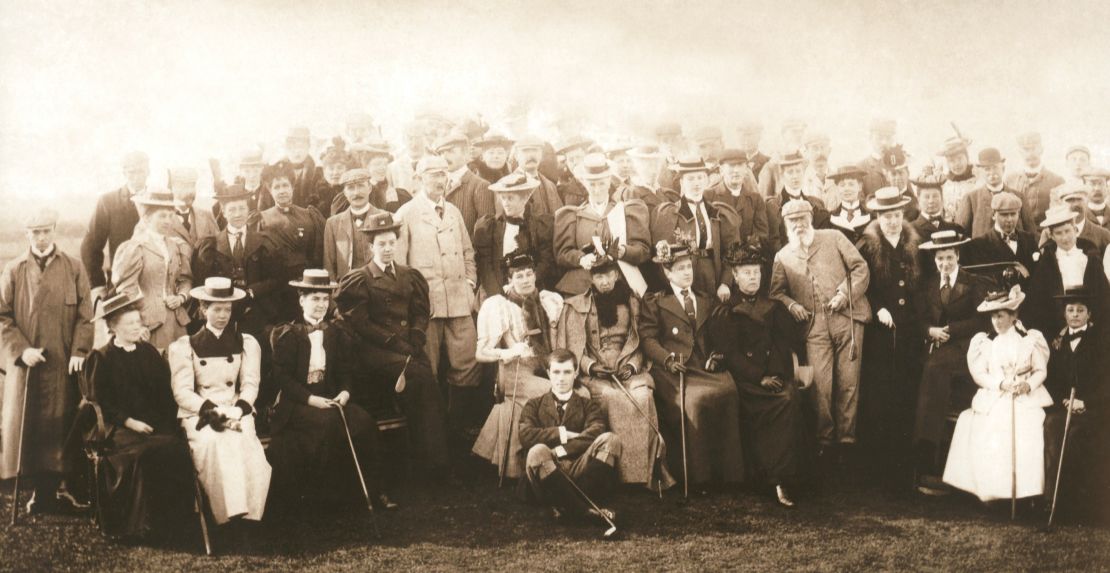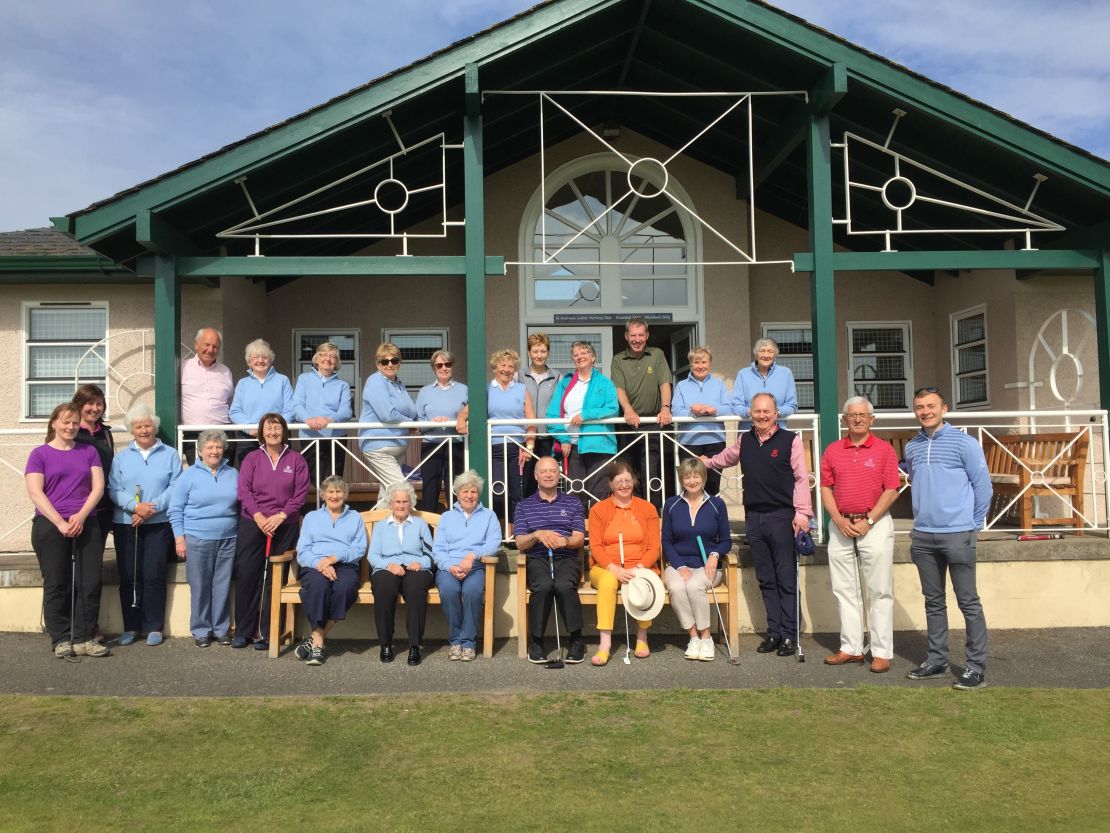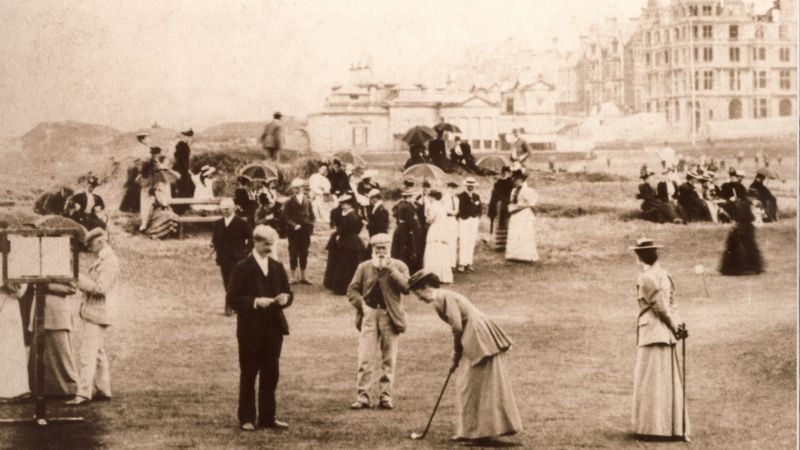[ad_1]
CNN
—
Who would you back to sink a putt to save your life? Tiger Woods? Jack Nicklaus? Ben Crenshaw?
There is a plethora of debatable options, but it is unlikely many would look to a group of women in Fife, Scotland, with no professional golfing experience, many of whom are far more mature than the average Tour player.
Yet perhaps they should, because anyone putting their life in the hands of the St. Andrews Ladies Putting Club would be entrusting it to an organization with over 150 years of short game experience.
Best golf courses in Scotland
Established in 1867, the group is the oldest ladies golf club in the world, a title owed to some perseverant, golf-loving women – and some disgruntled men.
When the daughters of members of the St. Andrews Royal & Ancient (R&A) Club – widely regarded as the historic home of the game – decided they wanted to play golf, it was not a conventional activity for women. Croquet and archery were the traditional choices among the limited options available.
When the women ventured onto the caddy’s putting course, which was used by those manning the members’ golf bags between rounds, the caddies wanted them gone almost immediately.
“They didn’t like it at all, and I don’t think the members liked it very much either,” club archivist Eve Soulsby told CNN’s The Jazzy Golfer.
But the caddies had a problem: As employees of the club, they couldn’t complain to the members. A compromise quickly emerged – to give the women a piece of land next to the iconic Swilcan Bridge that they could use as a nine-hole putting course.
It was a rough area, filled with rabbit holes, divots and sand, but it was a start. One month later, 22 women competed at the St. Andrews Ladies Golf Club’s inaugural tournament.
The word quickly spread. By the late 1880s, the membership had grown to 600, including male associate members. Today, there is an ever-growing waiting list to join the 140-strong membership, a number kept low to ensure tournaments run smoothly.

Soon after, Old Tom Morris, the course’s resident player, and greenkeeper, often referred to as the “founding father of golf,” decided it would be a good idea for the ladies to visit the nearby Himalaya section of the course, so named because of its hilly topography.
Morris prepared the area for the club before retiring in 1895, when he was made an honorary member.
Soulsby believes the club’s early members played a pivotal role in gaining more independence for the women of St. Andrews towards the turn of the century, citing the creation of the women’s course, which – alongside the Himalaya’s putting course – remains playable to this day.
Income raised from visitors to the putting course is donated to local charities, with an exception made last year to give funds to Ukrainian organizations.
Officially named The Jubilee Course and opened in 1897, the fact that the women’s designated 18 holes was coined “The Duffers Course” reflected commonly held attitudes towards women during the period. “We pretend that didn’t happen,” Soulsby added.
Among those carrying the torch for those early pioneers today is Sylvia Dunne, the club’s current president.
A member since 2011, Dunne helps organize the group’s weekly tournaments; a showpiece two-round event on Wednesday afternoons and a one-round competition on Thursday morning for the so-called “oldies” who may struggle to manage multiple rounds.
“It’s the camaraderie and everything too, because if you get older and you can’t play golf, you could be just stuck at home doing nothing all day, and this is really a very social club,” she said.
“The best part is the afterwards because they have coffee and biscuits and a blither.”

Members who won tournaments in the early 20th century may have been lucky enough to take home a royal prize. The club’s first regal donation came from Prince Leopold, youngest son of Queen Victoria, and other trophies later followed from Edward VIII and King George VI.
At one time, R&A captains also donated trophies, but now they face off against the Ladies Putting Club in an annual 18 vs 18 putting competition.
Dunne is one of the most prolific putters at the club, sweeping six trophies in a single season during her best year. However, she admits the putting green can be a cruel mistress, even for her.
“One day recently I was so exasperated,” she said. “We have a prize at the end of the season for the most holes in one – so I suggested, isn’t it time we had a prize for the most near misses?
“There is a lot of skill involved, but there’s also a lot of luck. Some days the ball rolls for you and other days it will not drop in the hole.”
[ad_2]
Source link
